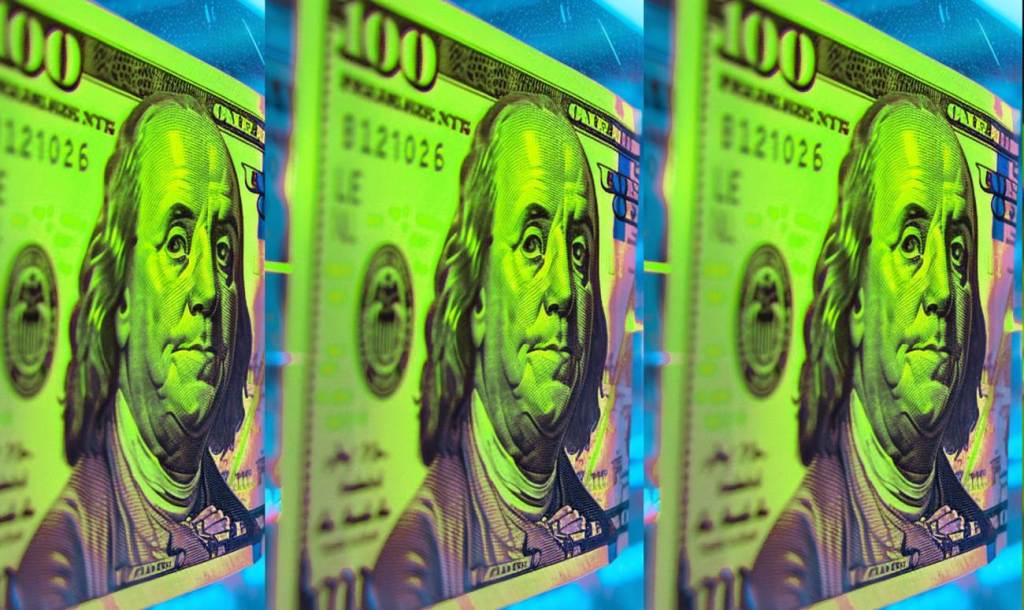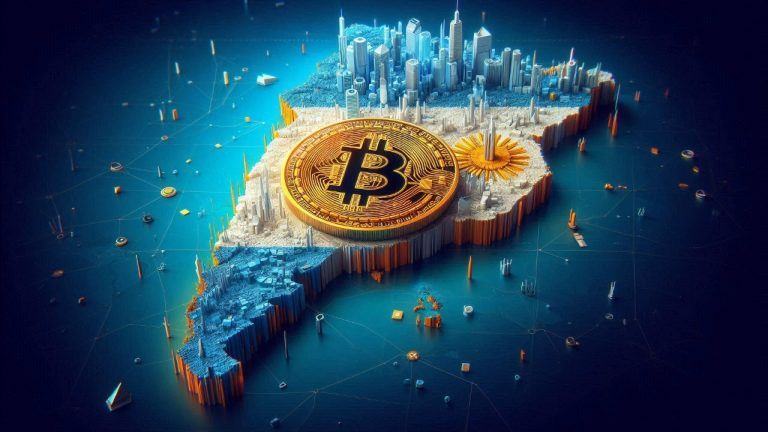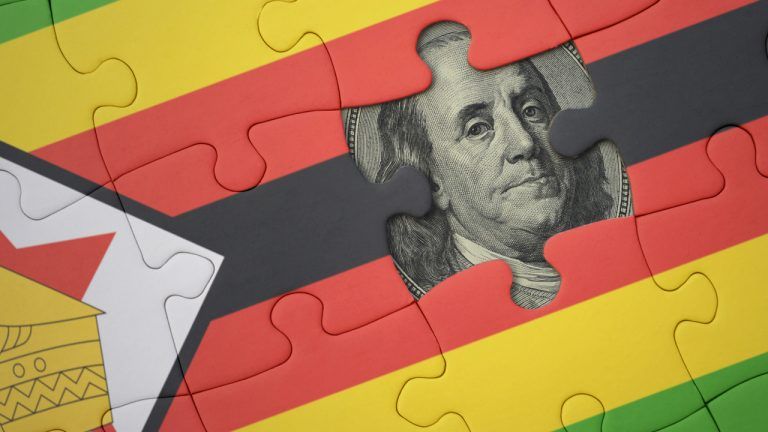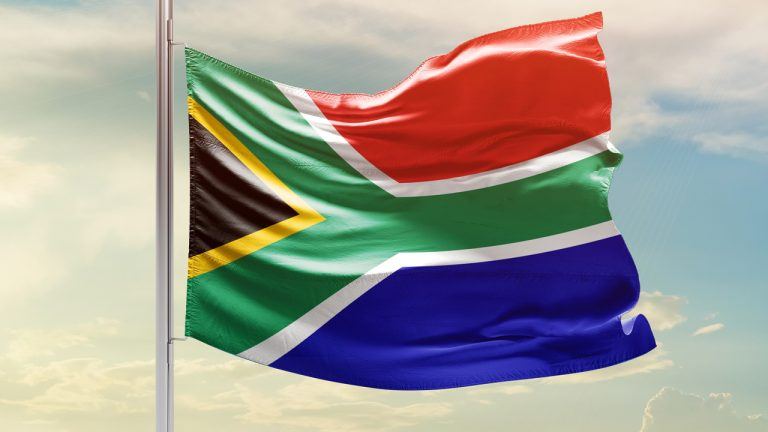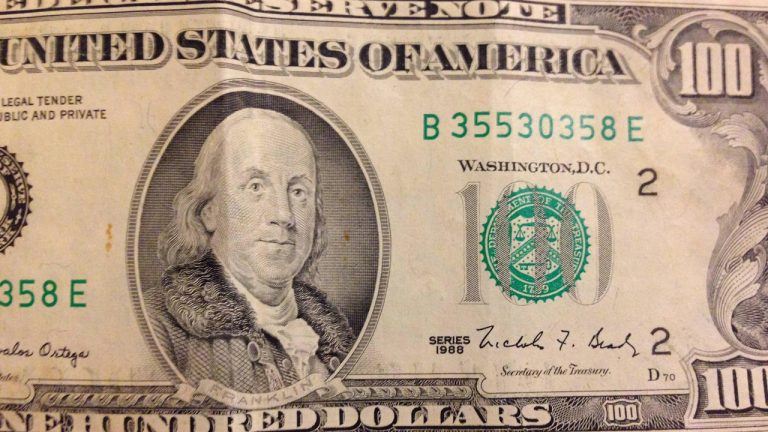
El Salvador’s struck a loan deal with the IMF and will make Bitcoin acceptance voluntary and roll back government involvement in Bitcoin-related projects.
Update Dec. 19, 5:45 am UTC: This article has been updated to add a response from El Salvador’s National Bitcoin Office.
El Salvador is set to make merchant acceptance of Bitcoin voluntary, unwind its involvement in its little-used Chivo wallet and make public sector engagement of Bitcoin-related economic activity “confined” as part of a $1.4 billion loan deal with the International Monetary Fund.
The Central American nation will get $1.4 billion from the IMF over the next 40 months after El Salvador agreed to measures aimed at dropping its debt-to-GDP ratio, the global lender said in a Dec. 18 statement.
